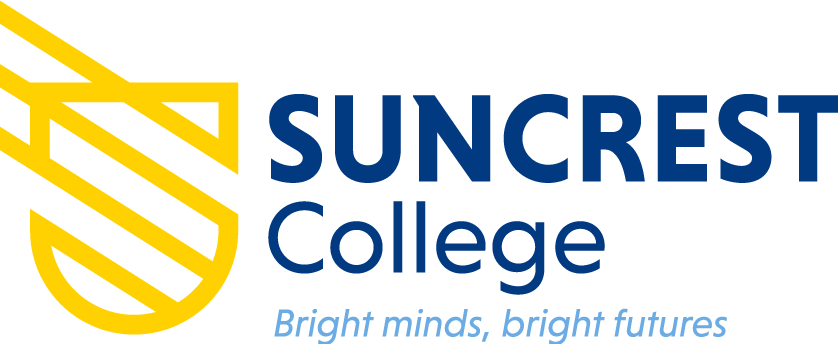A solid foundation helps a structure last: it’s true of buildings and it’s true of education. The challenge for educators is to bond children more firmly to the foundation their school and teachers create for them.
“Many kids, especially in First Nations, start to lose interest in school between Grade 5 and Grade 8,” says Gwen Machnee, university and research coordinator at Parkland College in Saskatchewan. “That’s when they start skipping, and the more they do, the harder it is for them. School keeps moving on and they get left behind.”
That four-year window before high school is the target of the Community and College Social Innovation Fund project Parkland and two partners are working on for the next two years. Together with the Good Spirit School Division and Yorkton Tribal Council, the researchers will study school bonding and attachment, looking for ways to help keep kids in school through their teenage years. The project is funded by the Social Sciences and Humanities Research Council.
How to keep children interested in education is particularly important to First Nations communities, because their children have much higher attrition rates than non-Aboriginal youth, Machnee said. Saskatchewan as a whole has low graduation rates, at about 75 per cent (across Canada, rates are between 80 and 85 per cent). Among Saskatchewan’s First Nations, only 33 per cent graduate from high school.
First Nations children also tend to leave school younger, between grades 7 and 9, but most research on leaving school prematurely looks only at high school students, Machnee and her team have found. “There’s almost nothing on the middle-school years,” she said. “Everyone just assumes if they are involved in extra-curricular activities they’ll be fine. And no one has looked at First Nations anywhere.”
The team is trying to learn what factors bond children to their schools — what makes them feel they belong, and should keep going back.
To find the answers, the project is using a questionnaire, which asks children to rate, from one to four, statements such as “I feel like a real part of my school,” “People here notice when I am good at something,” or “I would not be sad if this school closed.”
In addition to being available on paper on and online, the questionnaire will be administered in schools by students from Parkland College’s teaching and social work programs. In many cases, they will be from the communities they are studying; their own children may attend the schools.
Machnee does not know what the findings will be, but she has a sense many children don’t think anyone cares whether they are in school or not. If someone shows that they do — and it might be a teacher, or it might be their bus driver or the janitor — and the child feels they matter, then school starts mattering to the child.


